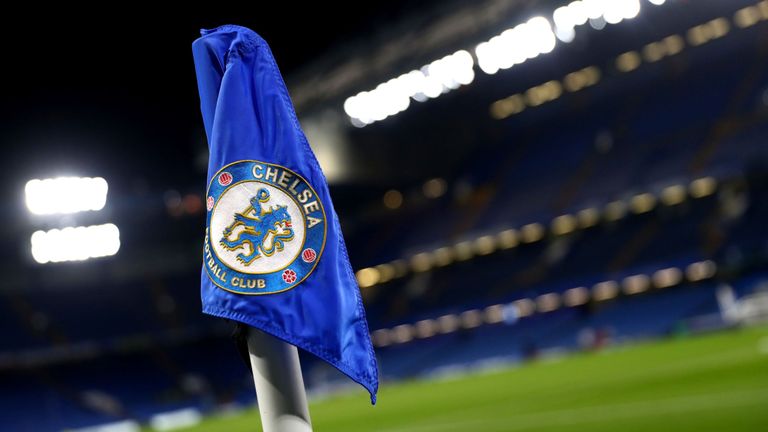18th August 2025

August 18 – On the back of becoming the FIFA Club World Cup champions, Chelsea has released its official ‘Fan Engagement Plan 2025/26’ designed to strengthen the bond between the club, and its supporters.
Lord Daniel Finkelstein OBE retains his board-level role as the club’s supporter liaison, functioning as the primary conduit between the fanbase and Chelsea’s executive structure.
The Fan Advisory Board, under the co-chairmanship of Tracy Brown and Neil Beard, has seen their brief expanded beyond consultation to strategic input on revenue-generating areas, including ticketing policy (a big bone of contention currently for the Blues faithful), heritage monetisation, and matchday commercial operations.
Chelsea’s Supporter Relations Department, under Michael Cornall’s leadership, has been given the increasingly difficult relationship between the club’s global ambitions and local supporter base. The department’s structure includes dedicated liaison officers for matchday experience, disability access, and community relations.
The strategy outlines regular engagement with established groups within the Chelsea ecosystem including, the Chelsea Supporters Trust and local residents’ forums.
With the mooted move away from their spiritual home of Stamford Bridge, these opinions supposedly matter to owner Todd Boehly and his investment group, though the Stamford Bridge site in London’s super-fashionable West End has long been regarded by many as a high end property play rather than a football-first investment.
The new season’s objectives highlight the delicate balancing act facing the club, which includes strengthening feedback mechanisms via the Atmosphere Committee and Pride in Our Bridge Group as concerns grow over the matchday experience, which is increasingly filled with ‘football tourists’.
Expanding communication channels to capture broader supporter sentiment as traditional fan groups become increasingly vocal about their club being taken away from them. Managing stadium naming rights, crest modifications, and match location decisions that could generate significant revenue, all the while maintaining relationships with the Chelsea Disabled Supporters Association and youth groups, as ticket pricing and access policies also come under scrutiny.
By formalizing the structure from board representation to grassroots forums, the club is acknowledging that supporter buy-in will be crucial as it pursues aggressive revenue targets – in many ways pointing to the financial inevitability of a move to a bigger and more modern stadium.
Whether this governance framework can withstand the pressure of commercial and supporter interests remains to be seen. At the end of the day, money will always have the last word.
Contact the writer of this story at [moc.l1755512026labto1755512026ofdlr1755512026owedi1755512026sni@n1755512026osloh1755512026cin.l1755512026uap1755512026](javascript:;)